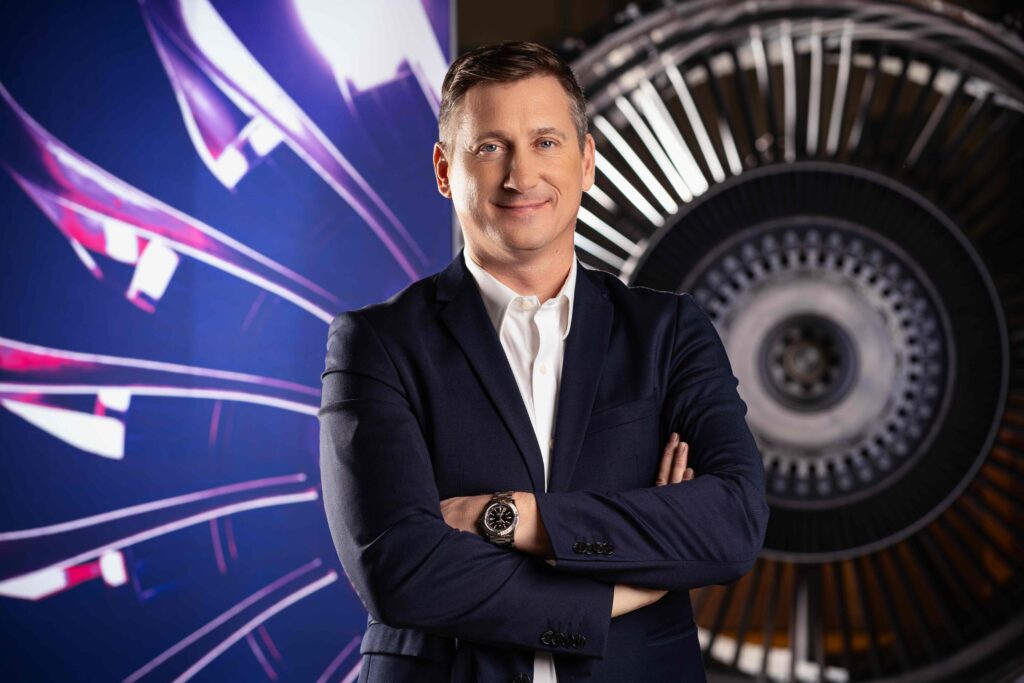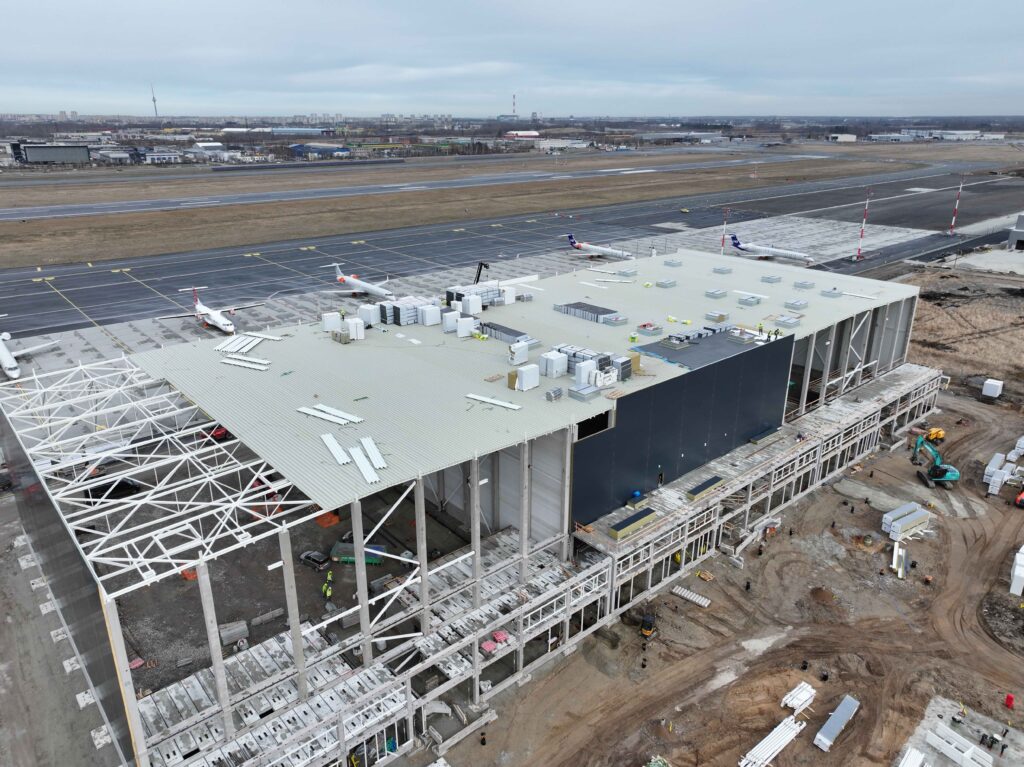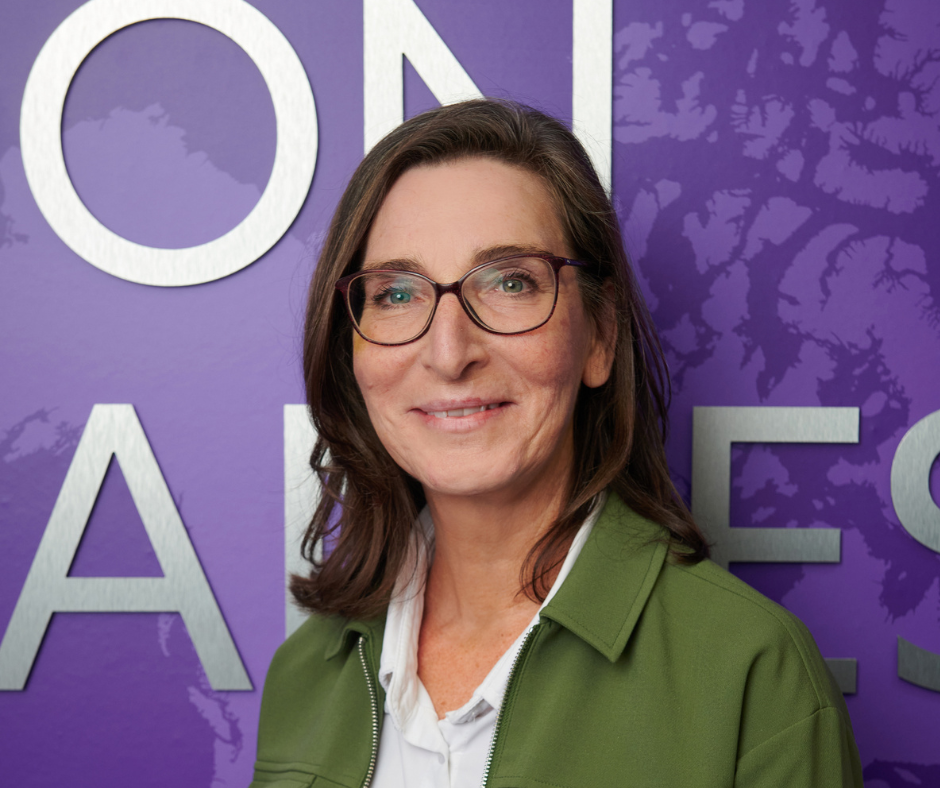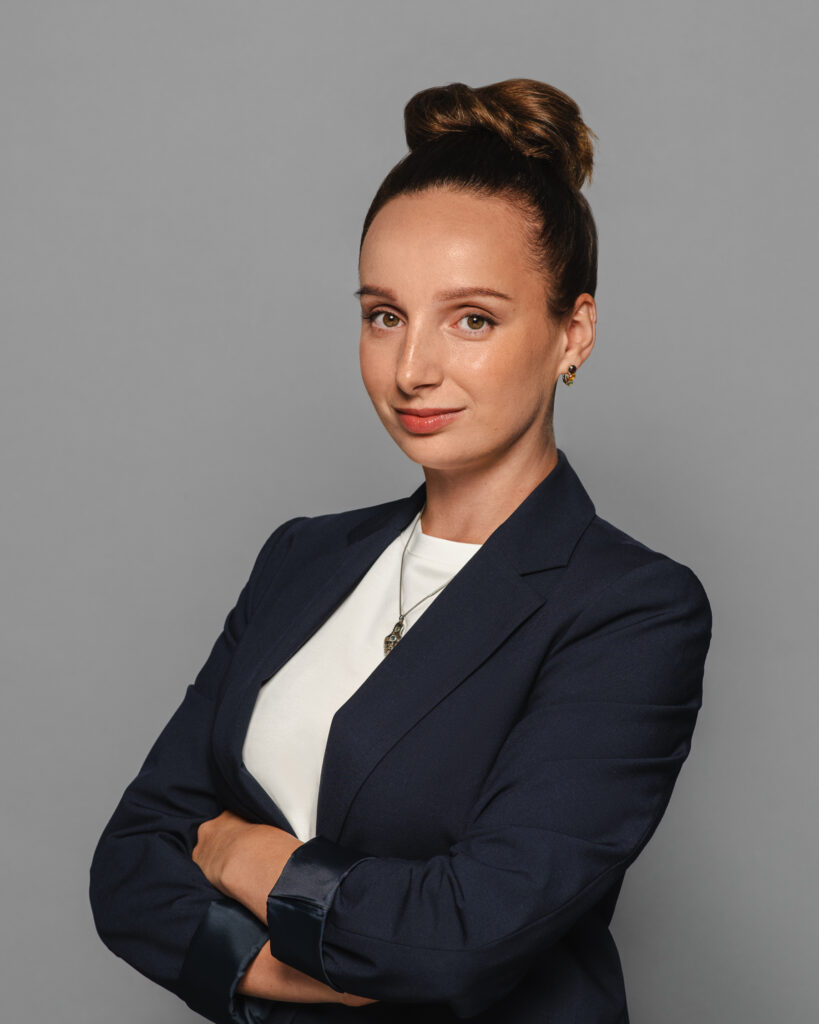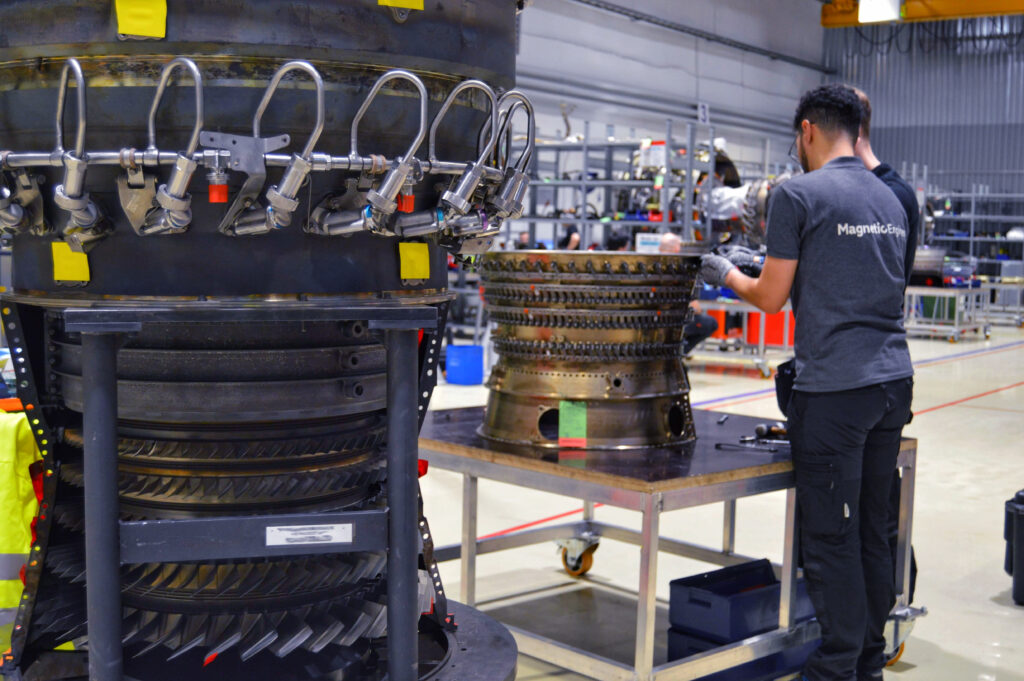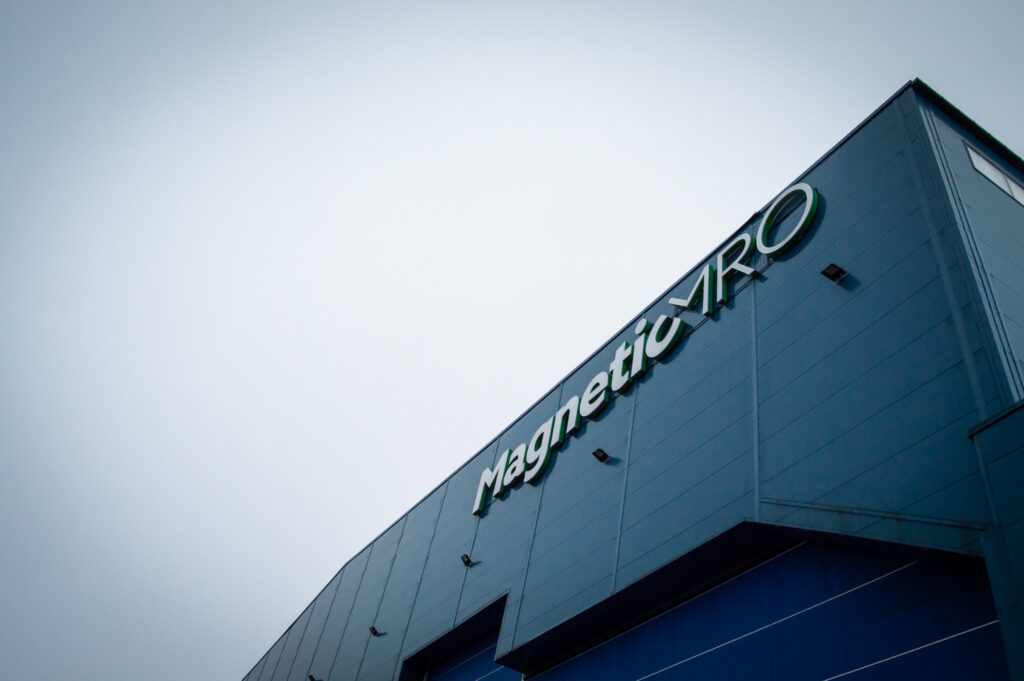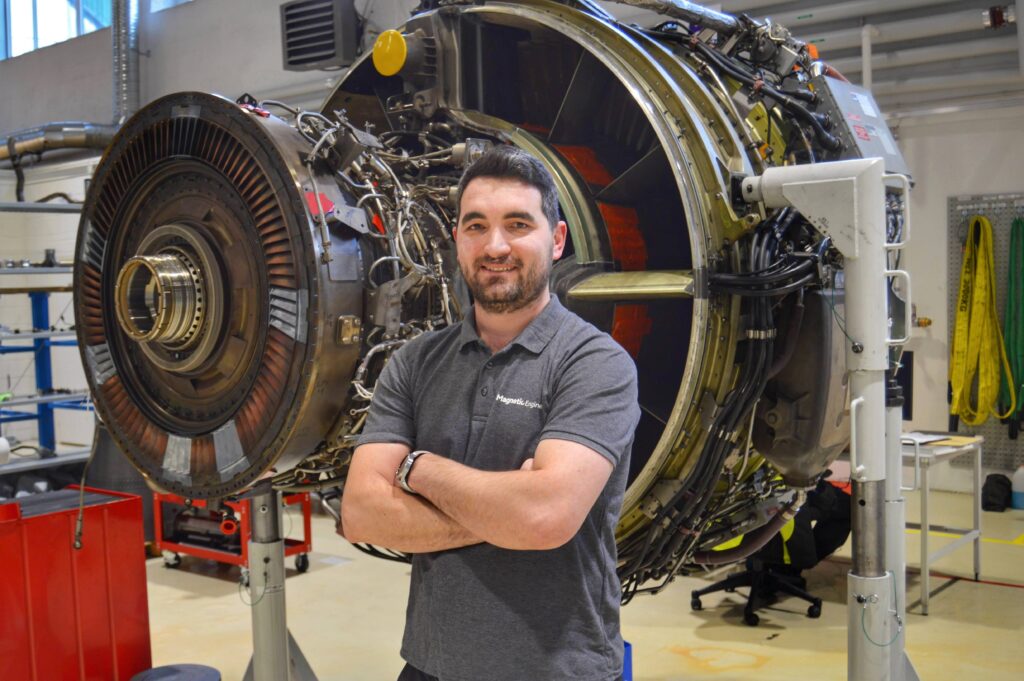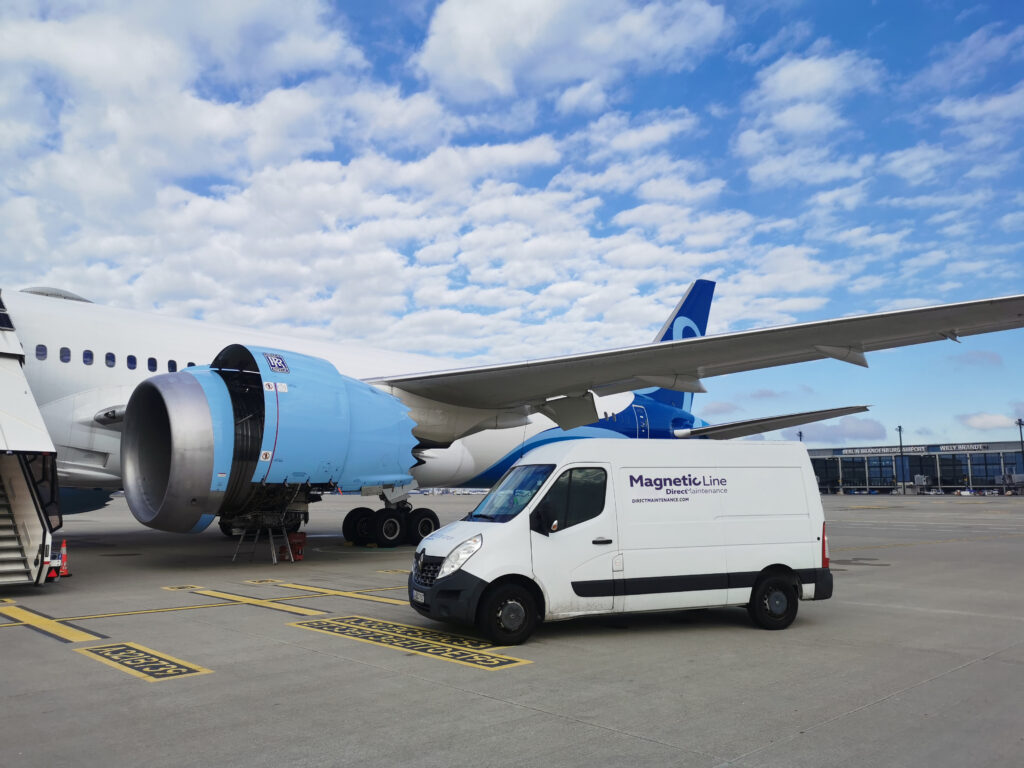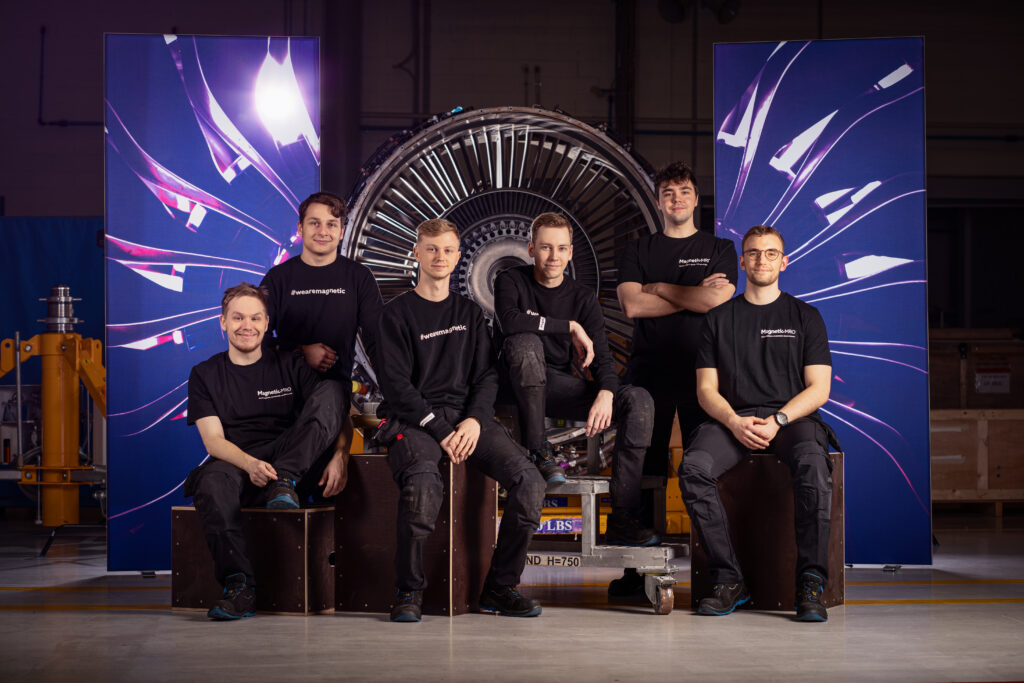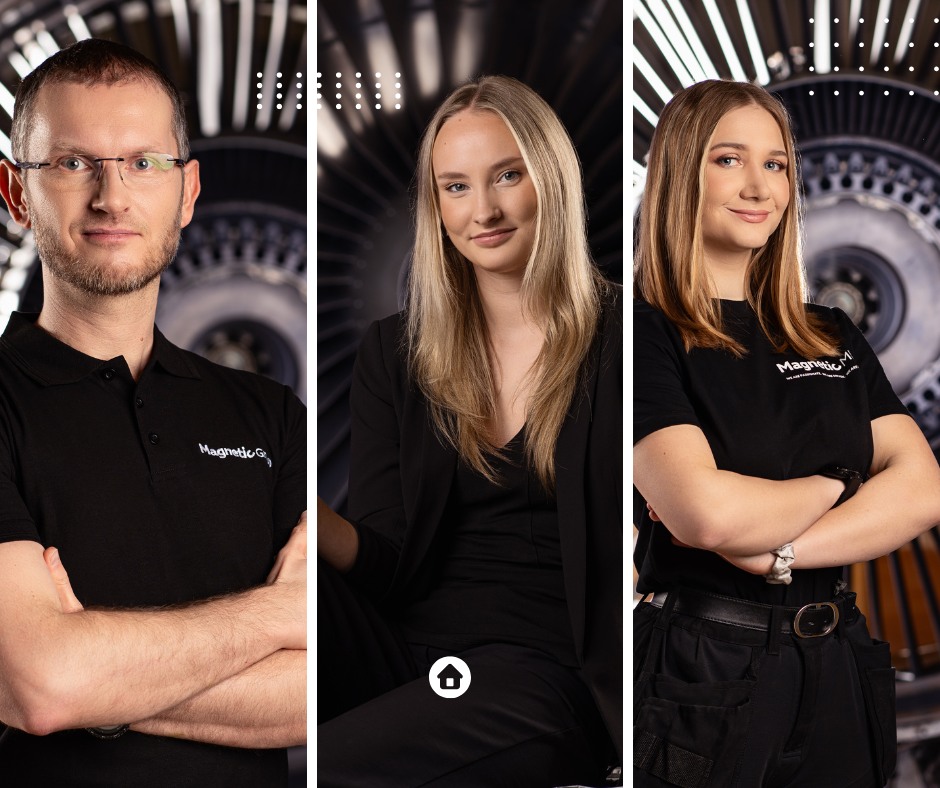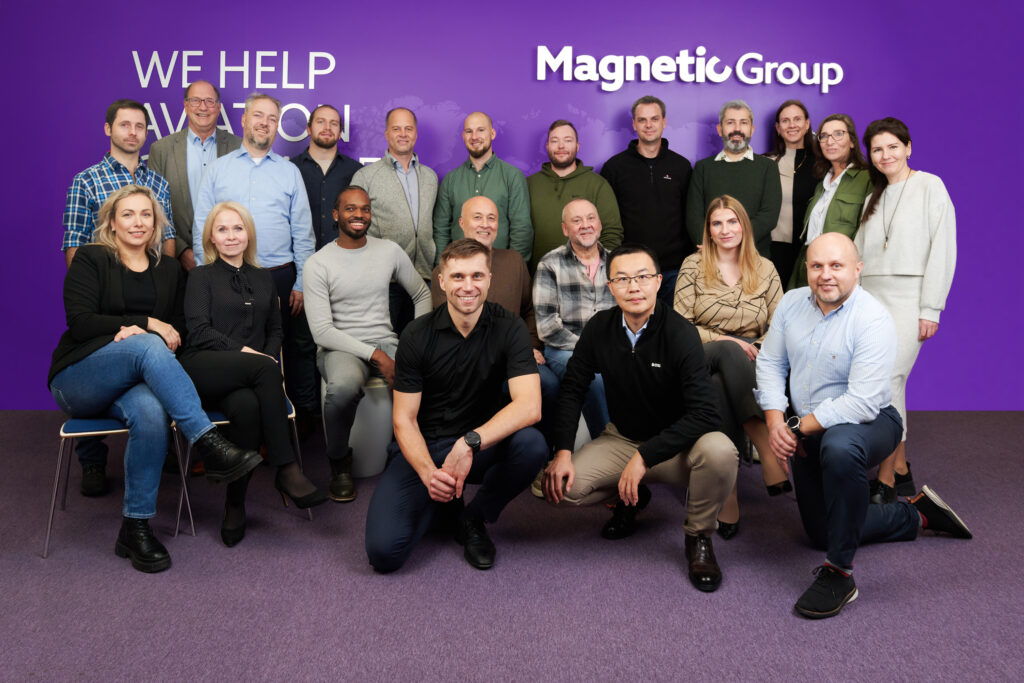The importance of cultural understanding for Spare parts trading and team expansion in the Asia Pacific

The Asia Pacific is the fastest growing market in aviation – both aircraft fleet and MRO-wise. And business development in this region is a challenge as well as an opportunity – and according to Eigirdas Keblikas, Head of Spare Parts and Assets Asia at Magnetic MRO, the cultural understanding is one of the key factors that determine your success. In 2019, Magnetic MRO announced they are opening the office in Kuala Lumpur. What were the main influencers for this decision? Eigirdas Keblikas: For the past years, there was noticeable growth of the economy in Asia-Pacific – not only in aviation but in most of the industries. Of course, the aviation industry's growth was the key factor we evaluated when considering the expansion to the region. In fact, the aviation industry in the region grew fastest in the whole world, and in the next few years, it is estimated that the region will have the highest number of aircraft. This reason was the primary influencer for Magnetic MRO to open the office in Malaysia. Also, the cultural and business differences played an important role as well. In the region, face to face communication, meetings are an important part of daily business life, therefore being present and able to meet with key players opens the door for us to the market. Before the Kuala Lumpur office launch, we had a very few deals within the region; therefore, it was unexplored land of opportunities – and we were ready to seize them! How long was the process of the business unit establishment in Malaysia? What were the main challenges with regards to team formation and expansion? EK: Although the idea to establish an office in Malaysia was born a while ago, the actual process took around a year or so. We started from scratch, so it was a significant investment – first of all, from a human resources perspective. I myself relocated to Malaysia late August and took care of the formation of the team there. Biurocracy is a considerable challenge in the region, but I would probably outline the workforce issues more as it is hard to find experienced people to join the team – however, this is a common issue not only in Asia Pacific region but globally. Can you share the key results of the first few months since the office was opened? What were the main contacts and the main deals? EK: In the first few months, we have established contacts with clients from Malaysia as well as Vietnam, Indonesia, Thailand to name a few, and one of the most significant projects we had so far was a landing gear deal for Indonesia's Presidential aircraft. We are in the process of working with various airlines – but still, there's a lot of space for expansion for us. It is important to note that although the industry is big and ever-growing, the competition is also fierce and nobody waits for you with open arms. So a consistent work of the highest quality, as well as communication, is the key that slowly opens the doors. What are the plans and predictions within the region in 2020? EK: For us, the main plan is the expansion of the team. Also, we are considering the option to have our local stock in Asia which would allow us to offer AOG components pool and allow us to service clients even better than now. As for the region, the growth is inevitable. And it considers not only the number of aircraft but a number of MRO's as a result. More aircraft are being serviced in Malaysia; therefore the growth will still be big – and this will also drive new investments which will continue re-shaping the industry in the region. What were the main challenges your team has faced at the start of the operations in the region? How you and your team have tackled these challenges? EK: I think as, in any case of relocation, one's faced with cultural challenges both in professional and personal life. Business and relationships are formed in a different way than in Europe, and communication here is less formal, more personal and very direct. However, open-minded attitude is probably the main factor that helped our team and me to integrate quickly. What are the most important differences between spare parts trading operations in Europe and the Asia Pacific? EK: Taking cultural differences aside, when compared to Europe, Asia is very cash orientated. They have different net terms, and it is more cash intensive market, which differentiates it from Europe. We expected more differences in competition; however, most of the companies working in Europe have already established themselves in the region. Doing business in Asia differs from other regions, and you mentioned the importance of cultural understanding. Can you elaborate, what are the key differences, and how does it differentiate the fluidity of work processes between regions? What are the fundamental differences and how does it influence your work? EK: As mentioned before, business relationships are more commonly formed in meetings, meaning it extends the process and requires a lot of personal engagement. But we take this as a part of culture, fundamental base of the business and adapt our work to these regional specifics. Establishing a new office in a new region can be challenging not only for the business but for the people working within the company. How did you find the relocation process? EK: Although I am well-travelled, it wasn't easy at the beginning. From food to time zones, all was different. It is always busy here – not something we are used to living in a city in Northern Europe. But this is also a natural part of the relocation – it would have been crazy to expect it to be all easy and simple. And I am glad it was not – not only it shaped my attitude and allowed me to grow personally, but also was a welcome challenge!




